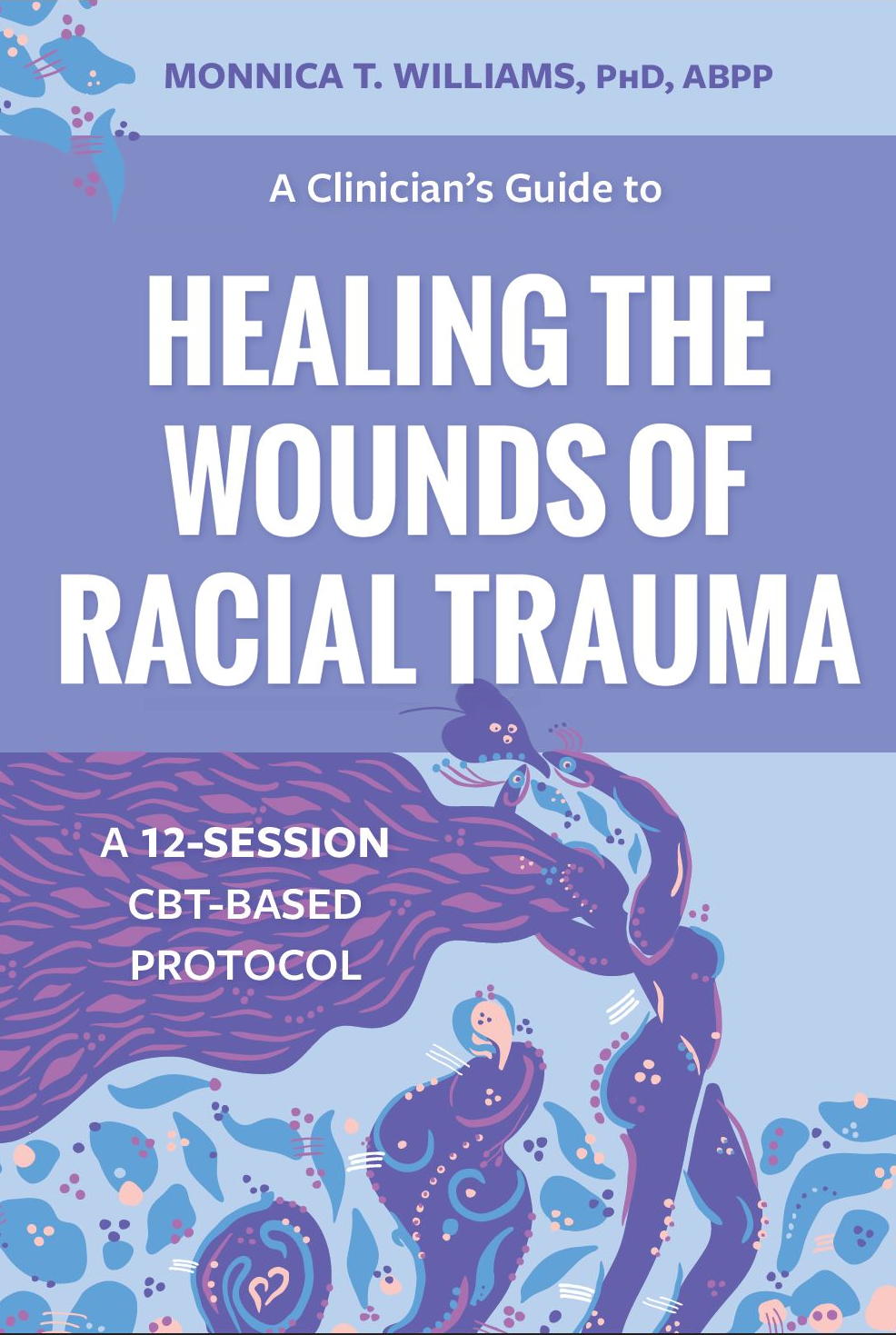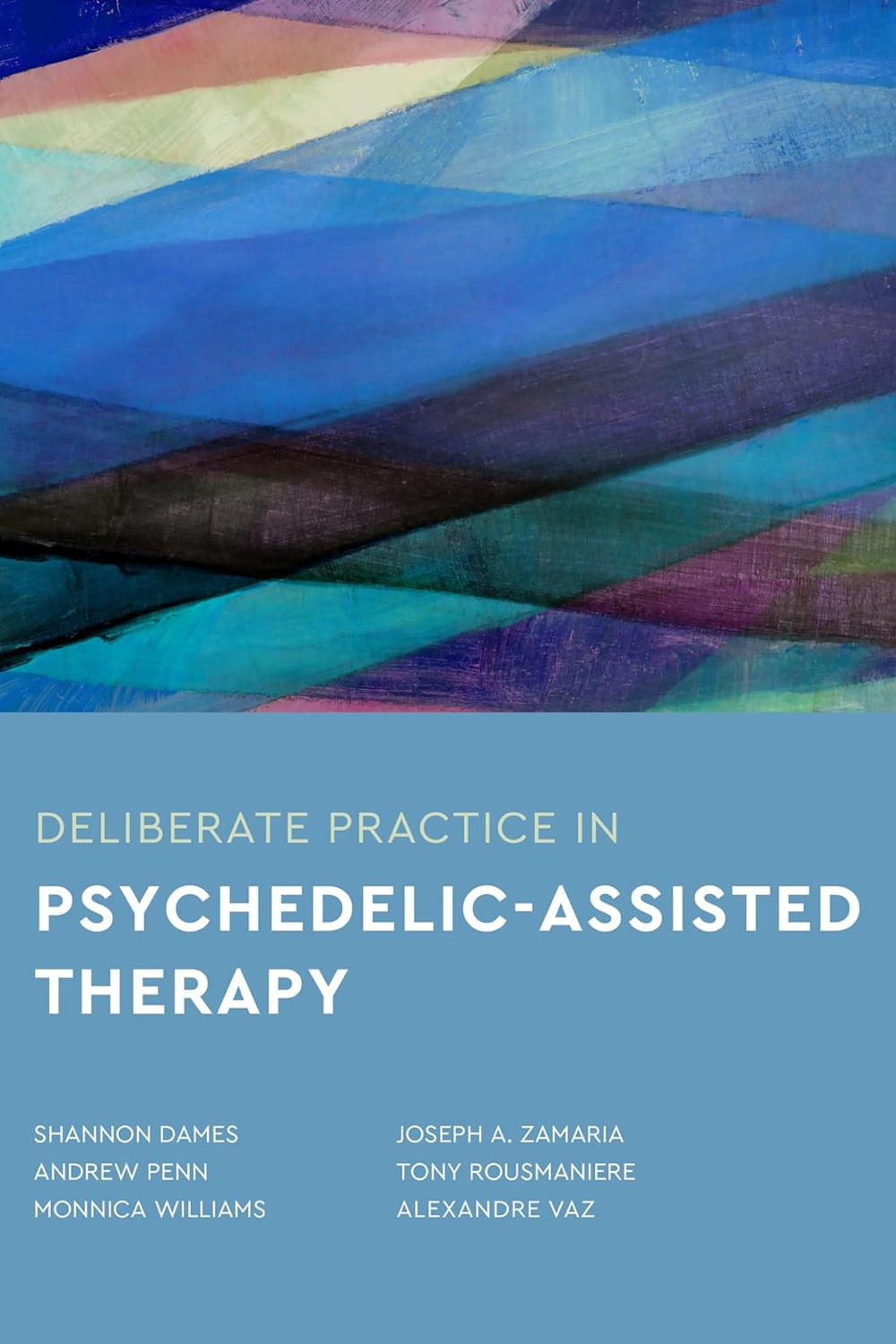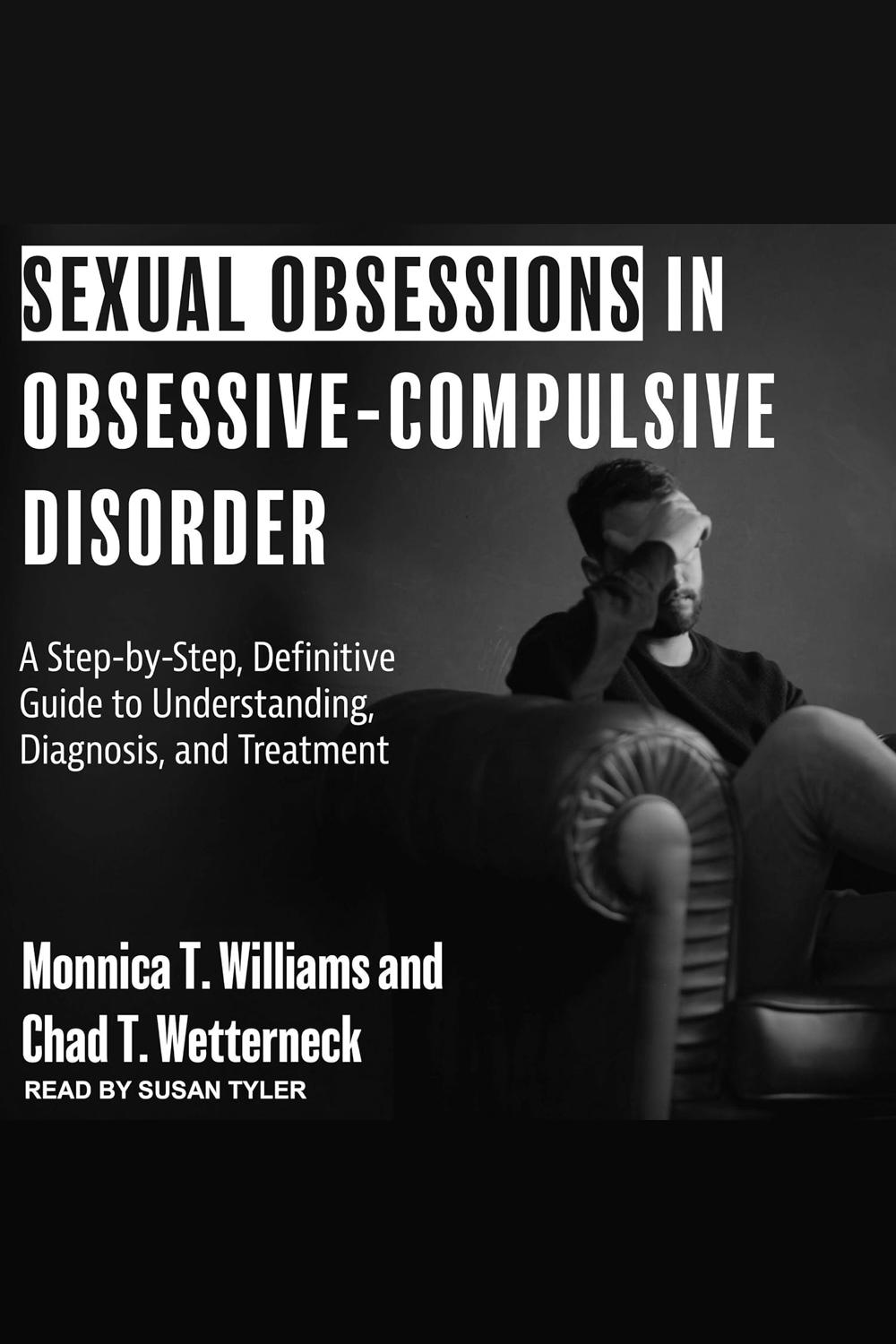Organizational Psychology
Structural Racism and Bias
Structural racism in the context of organizational psychology refers to the systemic and ingrained patterns of discrimination and inequality based on race that affect the dynamics, policies, practices, and culture of organizations. This concept is critical to understanding how racial disparities persist in the workplace, impacting recruitment, promotion, compensation, and overall employee experience.
Here are some common ways that structural racism manifests in organizations:
- Recruitment and Hiring Practices
- Promotion, Advancement, and Leadership
- Workplace Culture and Norms
- Salary and Benefits
- Training and Development Opportunities
- Organizational Policies and Practices
- Community Relations and Corporate Social Responsibility

Special Issue
Power, Discrimination and Privilege in Individuals and Institutions
This special issue includes 20 articles and explores forms of covert or unexamined institutional power structures, systems, and their psychological effects and consequences.
Guest Editors
Sonya Faber
Monnica Williams
Matthew Skinta
Bia Labate
Selected Publications
Faber, S. C., Cenat, J. M., Sawyer, K., Metzger, I. W., Shaughnessy, K., Madsen, J., MacIntyre, M. M., Goghari, V. M., Ansloos, J., & Williams, M. T. (in press). Opening the gate: A call for inclusion and representation of peoples of colour in Canadian professional psychology. Canadian Psychology.
Bartlett, A., Rundle, M. & Williams, M. T. (2025). Strategic allies: Cultivating allyship between people and teams to help build a stronger and more inclusive organizational military culture. In B. T. Waruszynski (Ed.), Team Diversity and Inclusion in Defence and Security: International Perspectives (pp. 239-254). The Military and Society. Springer. ISBN: 978-3-031-61124-7
Faber, S., Strauss, D., Dasgupta, A. & Williams, M. T. (2025). Out of sight, out of mind: Underrepresentation of racialized faculty in Canadian psychology. Academia Mental Health and Well-Being, 2(2), 1-14. https://doi.org/10.20935/MHealthWellB7762
Gran-Ruaz, S., Mistry, S., MacInytre, M.M., Strauss, D., Faber, S., & Williams, M. T. (2025). Advancing equity in healthcare systems: Understanding implicit bias and infant mortality. BMC Medical Ethics, (26) 103, 1-17. https://doi.org/10.1186/s12910-025-01228-y
Office of the Auditor General. (2023). Inclusion in the Workplace for Racialized Employees. Report 5. Reports of the Auditor General of Canada to the Parliament of Canada. Cat. No. FA1-27/2023-1-5E-PDF. ISBN: 978-0-660-67803-0.
Faber, S. C., Metzger, I. W., La Torre, J., Fisher, C., & Williams, M. T. (2023). The illusion of inclusion: Contextual Behavioral Science and the Black Community. Frontiers in Psychology: Cultural Psychology, 14(217833), 1-18. https://doi.org/10.3389/fpsyg.2023.1217833
Strauss, D., Gran-Ruaz, S., Osman, M., Williams, M., & Faber, S. (2023). Racism and censorship in the editorial and peer review process. Frontiers in Psychology: Cultural Psychology, 14 (1120938), 1-16. https://doi.org/10.3389/fpsyg.2023.1120938
Faber, S., Williams, M. T., Metzger, I. W., MacIntyre, M. M., Strauss, D., Duniya, C. G., Sawyer, K., Cénat, J. M., & Goghari, V. (2023). Lions at the gate: How weaponization of policy prevents people of colour from becoming professional psychologists in Canada. Canadian Psychology.
Williams, M., Bartlett, A., Zare, M., Custer, N. & Osman, M. (in press). Sexual harassment and abuse in law enforcement: Best practices for creating safety for female officers. The Police Journal: Theory, Practice and Principles.
Sarr, F., Knight, S., Strauss, D., Ouimet, A. J., Cénat, J. M., Williams, M. T., & Shaughnessy, K. (2022). Increasing the representation of Black, Indigenous, and People of Colour as students in psychology doctoral programs. Canadian Psychology, 63(4), 479–499.
Faber, S. C., Wu, E., Alobeid, F., Williams, M. & Bartlett, A. (2022). Never Going Back There: An Analysis of Disciplinary Actions of the Kentucky Board of Examiners and Recommendations for Equitable Protections for Early-Career Psychologists. Report for the Kentucky Psychological Association (KPA).
Williams, M. T. & Kanter, J. W. (2019). Promoting diversity and inclusion on college campuses. In M.T. Williams, D. C. Rosen, & J. W. Kanter (Eds.), Eliminating Race-Based Mental Health Disparities: Promoting Equity and Culturally Responsive Care Across Settings (pp. 243-276). Oakland, CA: New Harbinger Books.
Williams, M. T. (2019). Adverse racial climates in academia: Conceptualization, interventions, and call to action. New Ideas in Psychology, 55, 58-67.











